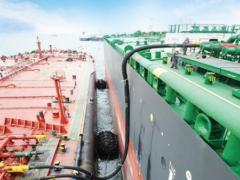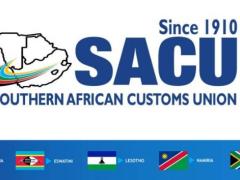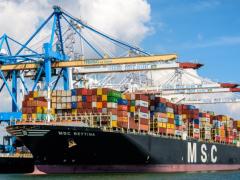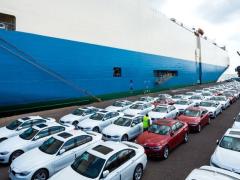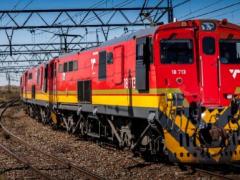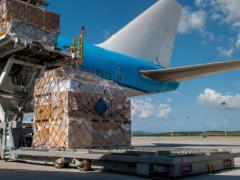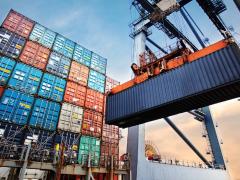As trade volumes surge across southern Africa, the need for harmonised policies and regional collaboration has never been more urgent – especially along key trade routes like the Trans Kalahari Corridor (TKC). The decision by Botswana in November 2024 to terminate the consolidation of cargo at its borders had a ripple effect across the corridor, triggering severe delays, heavy congestion and skyrocketing transport costs. According to Leslie Mpofu, executive director of the Trans Kalahari Corridor Secretariat (TKCS), the situation was compounded by f looding in Limpopo, leading to truck queues stretching for up to 20 kilometres. These disruptionshave laid bare the fragility of regional trade logistics and underscored the pressing need for integrated systems and seamless cross-border coordination to ensure cargo moves swiftly and efficiently across the region.“The TKC has experienced tremendous growth, and as a result, we’re now seeing levels of congestion that we haven’t encountered before. At border posts like Skilpadshek and Kopfontein, we’ve been grappling with long queues, something we are actively working to manage,” said Mpofu. “What makes the situation even more difficult is when unilateral decisions are taken and implemented without regional coordination.” Previously, Botswana would allow trucks carrying consolidated cargo to be cleared as a single consignment, even if they contained up to 100 different commodities. Now, each item must be cleared separately, a process that is significantly more time-consuming and costly. In effect, many of the resulting challenges function as non-tariff barriers, undermining the efficiency of the corridor and regional trade at large.According to Mpofu, the TKCS intervened after receiving complaints from Namibian cross-border transporters and clearing agents about worsening delays. “While delays at border posts are not new, a major contributing factor in this case was the lack of preclearance,” he said. “With volumes increasing significantly, many trucks carrying fuel were arriving at the border without having completed preclearance procedures. Drivers would park their vehicles and then walk into Botswana to process documentation, a system that is incredibly inefficient and that can take hours.”Mpofu said that, in response, the TKCS had pushed for strict enforcement of preclearance requirements across all countries along the corridor. “We reminded member states that they had all agreed to preclearance protocols, and so we made the decision: no truck should be allowed to arrive at the border without having precleared. This move significantly reduced the queues in December.”However, new challenges soon emerged. “At the end of January, f looding forced traffic from Martinsdrift to divert to Kopfontein and Skilpadshek. Unfortunately, many of those trucks were also not preclearing, so the same congestion issues returned, further compounding the strain on border operations.”He said that driving the concept of harmonisation and reducing non-tariff barriers was critical for ensuring the efficient movement of goods across the region and sustaining the growth of trade volumes along corridors like the Trans Kalahari. LV
TKC congestion at record levels
Comments | 0



